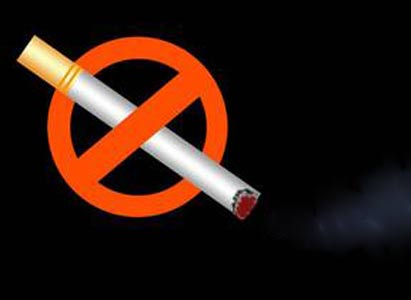Experts from Modern Cancer Hospital Guangzhou remind that to prevent bladder cancer, we should watch out below risk factors:

1. Tobacco: 25% to 65% bladder cancer patients have history of smoking. The risk of smokers is four times higher than that of non-smokers. As time goes by and quantity of tobacco increases, the risk has been raised. Although other tobaccos, cigar and non-smoke tobacco for example, contain less hazardous substance, they can also increase the risk of bladder cancer. So far, it still remains unknown what element of tobacco causes bladder cancer. Some people are slower in cleaning up the hazardous substance in the body than common people. They are known as “slow acetylating group”. If they smoke, their risk of bladder cancer is even higher.
2. Occupational factors: Benzene dye is the most common risk factor of bladder cancer. It is the byproduct of coal burning and is often used in dying woolen or fabric products. Other risk factors of bladder cancer include 2-naphthylamine, 4–nitrobenzyl, 4,4'-diaminobiphenyl (benzidine ), 2-amino-1–naphthylamine, some aldehydes used in rubber or textile industry, gas and smoke as well as dust released from coal burning. Hydrocarbon is also likely to be risk factor of bladder cancer. As it is reported that people of below occupations have higher risk of bladder cancer: motor vehicle worker, painter, truck driver, well drilling worker, leather worker, metallurgy worker, mechanician, dry cleaner, papermaker, hairdresser, beautician, cancer doctor, garment worker and plumber. Therefore, people of these occupations should especially pay attention to regular bladder examinations.
3. Phenacetin: phenacetin is a painkiller. It has been retired from the market in America, but is still used in many other countries. Study proved that large does of phenacetin can increase risk of bladder cancer.
4. Radiotherapy to the pelvic cavity: Radiotherapy to the pelvic cavity can increase the risk of bladder cancer. Therefore, females who have undergone radiotherapy for cervical cancer or ovarian cancer will have 2-4 times higher risk of bladder cancer, so will males who have undergone radiotherapy for prostate cancer before. And if it is combined with chemotherapy, the risk will become even higher.
5. Lack of water: people whose intake of water is not enough will have higher risk of bladder cancer, for the few liquid in the body cannot dilute the urine and therefore will prolong the period of urination. As a result, the thick urine staying in the bladder for a longer time will increase the risk of bladder cancer.
*Surgery, in addition to the appropriate chemotherapy and radiotherapy, are effective in treating early cancer, but certain patients in late stage of cancer may not be tolerate surgery well as they can be relatively weak. A combination of carefully planned minimally invasive therapy, chemotherapy or radiotherapy can effectively reduce the side effects and discomfort of treatment and may help patient get better efficacy.













 viber
viber